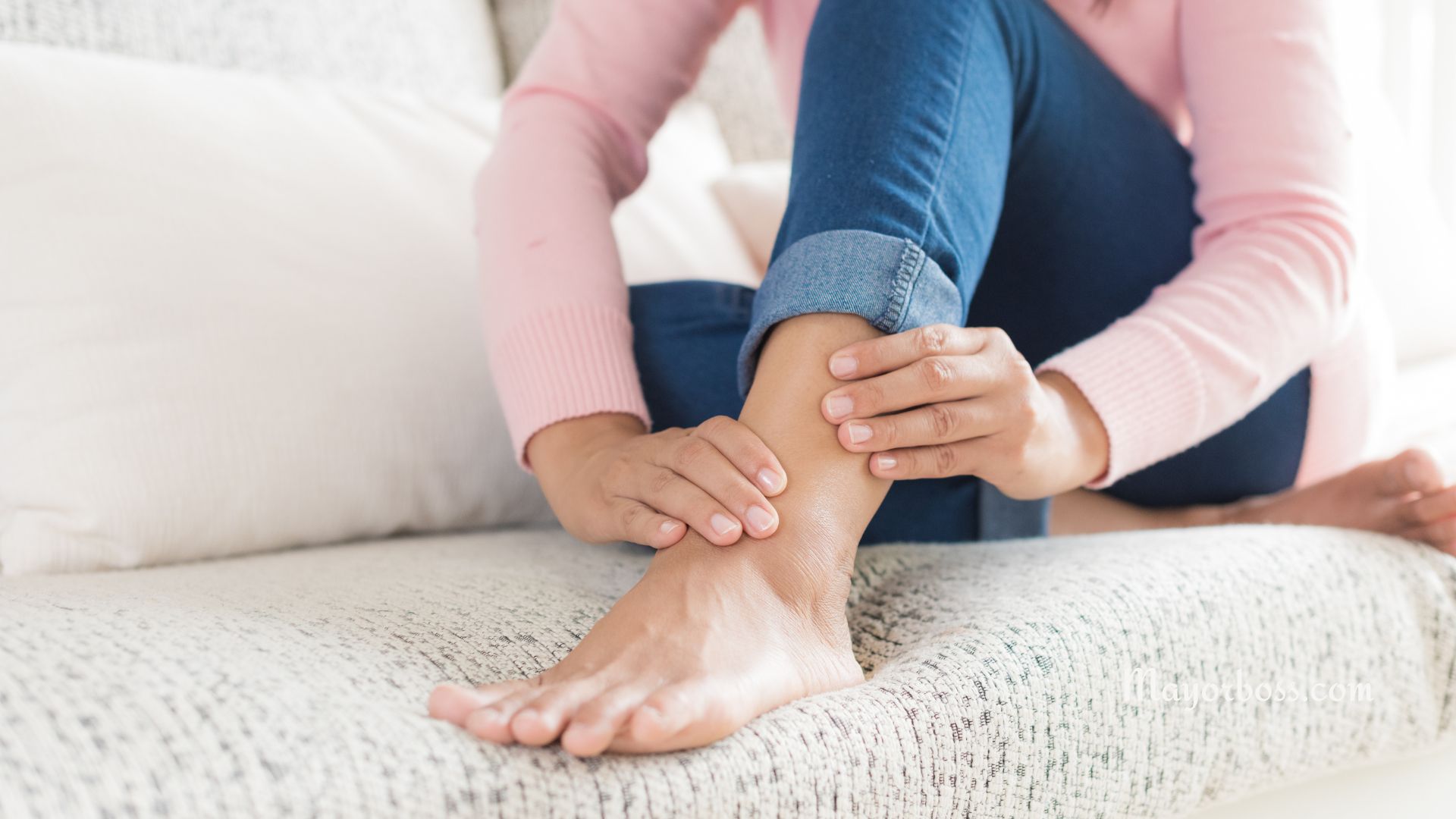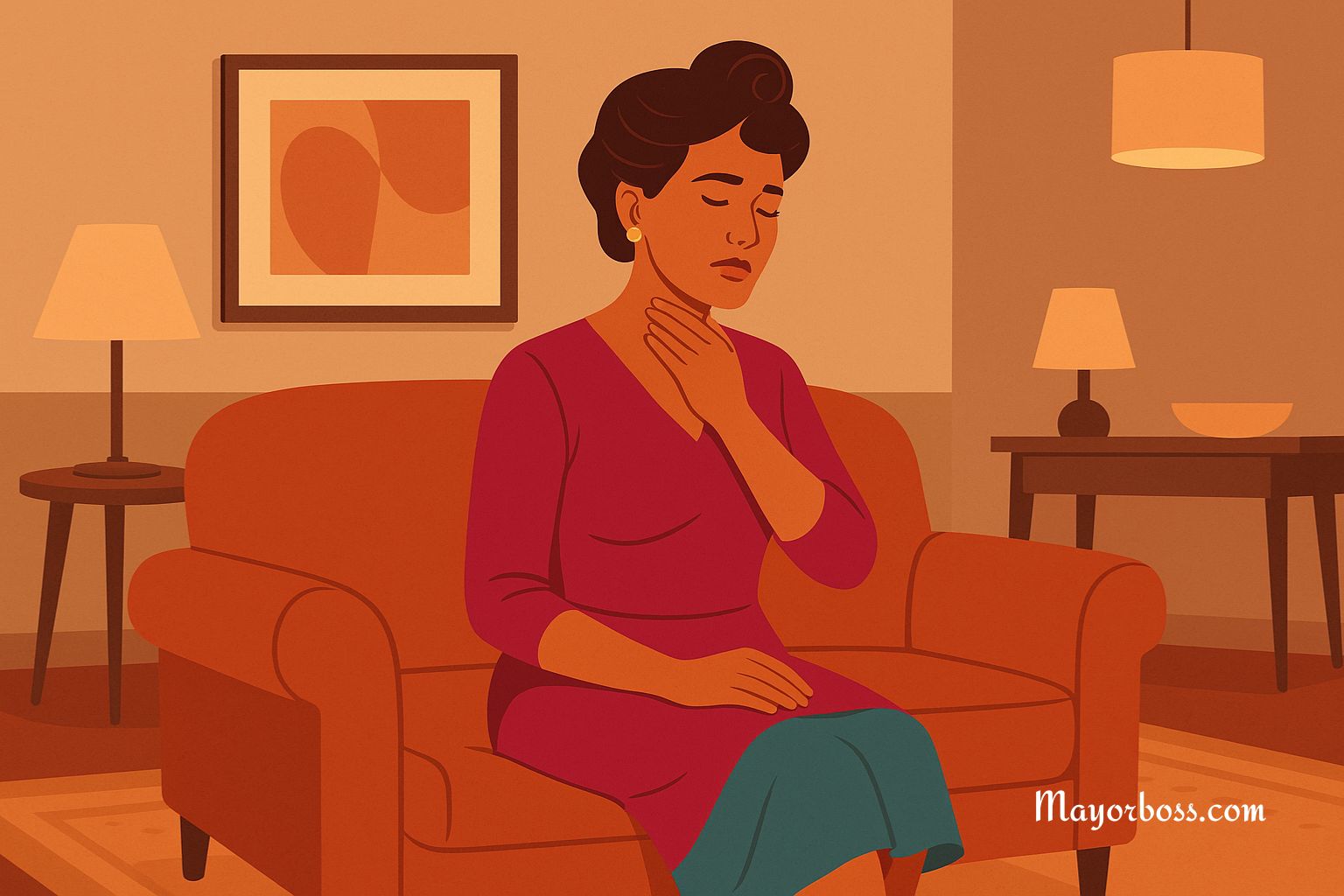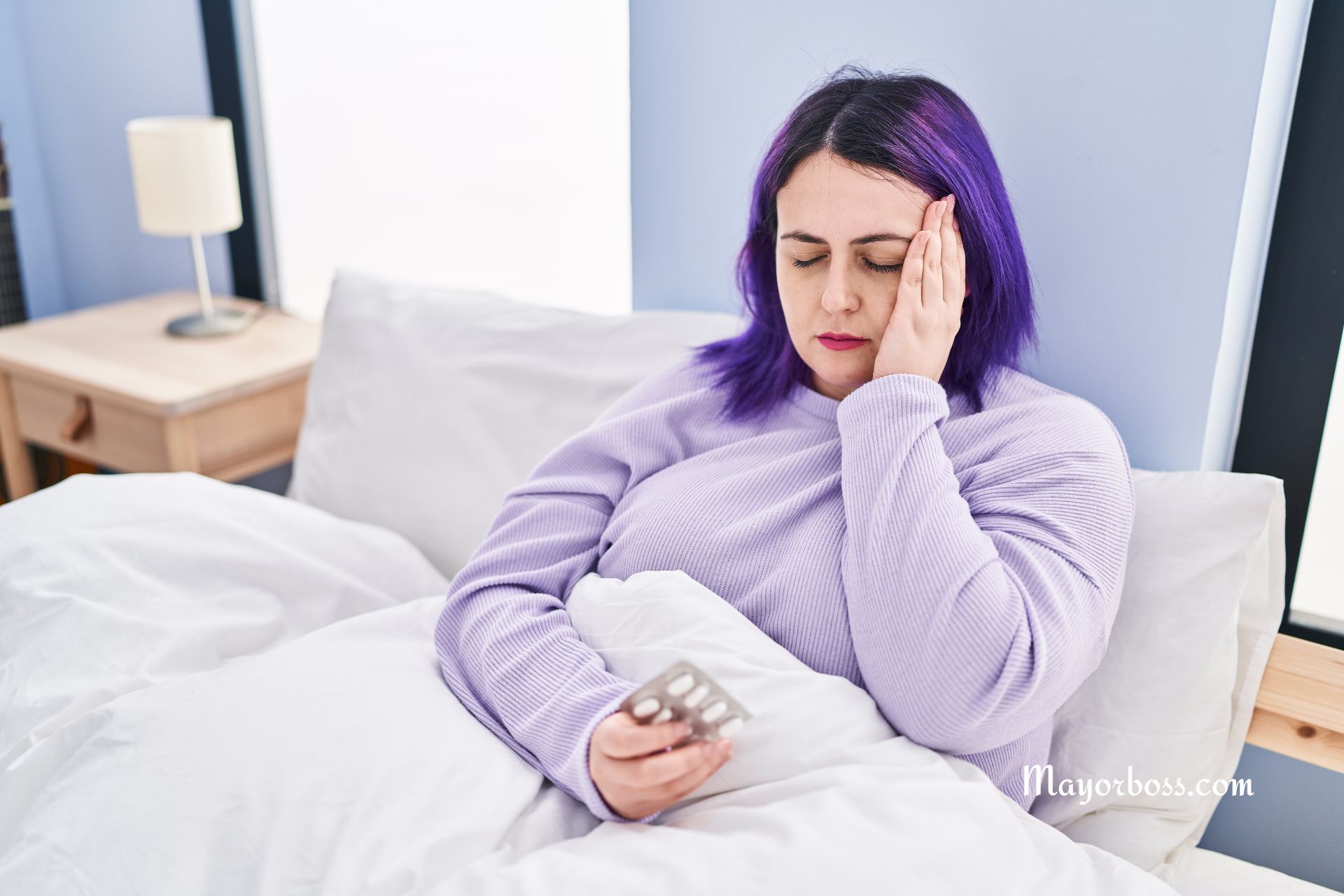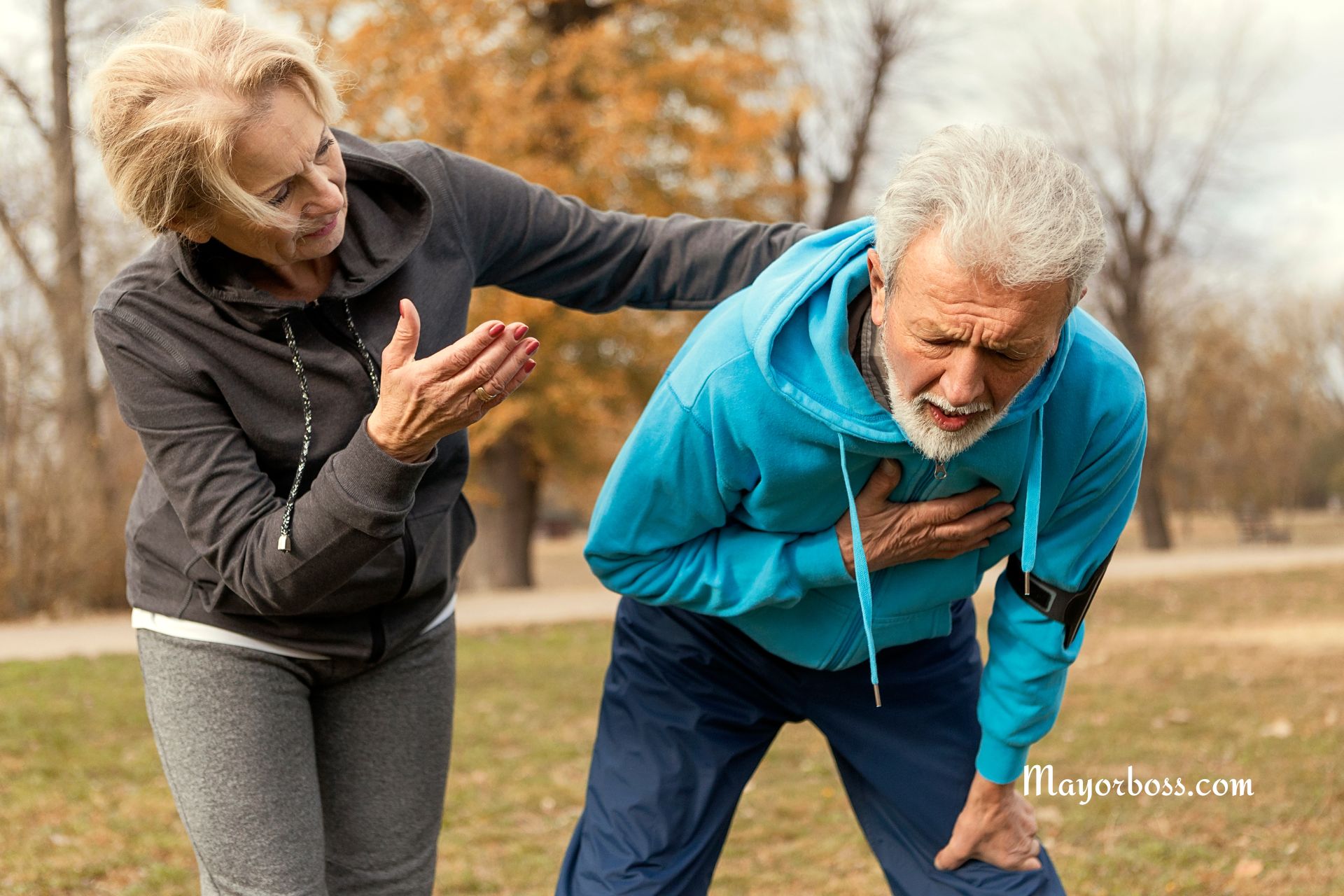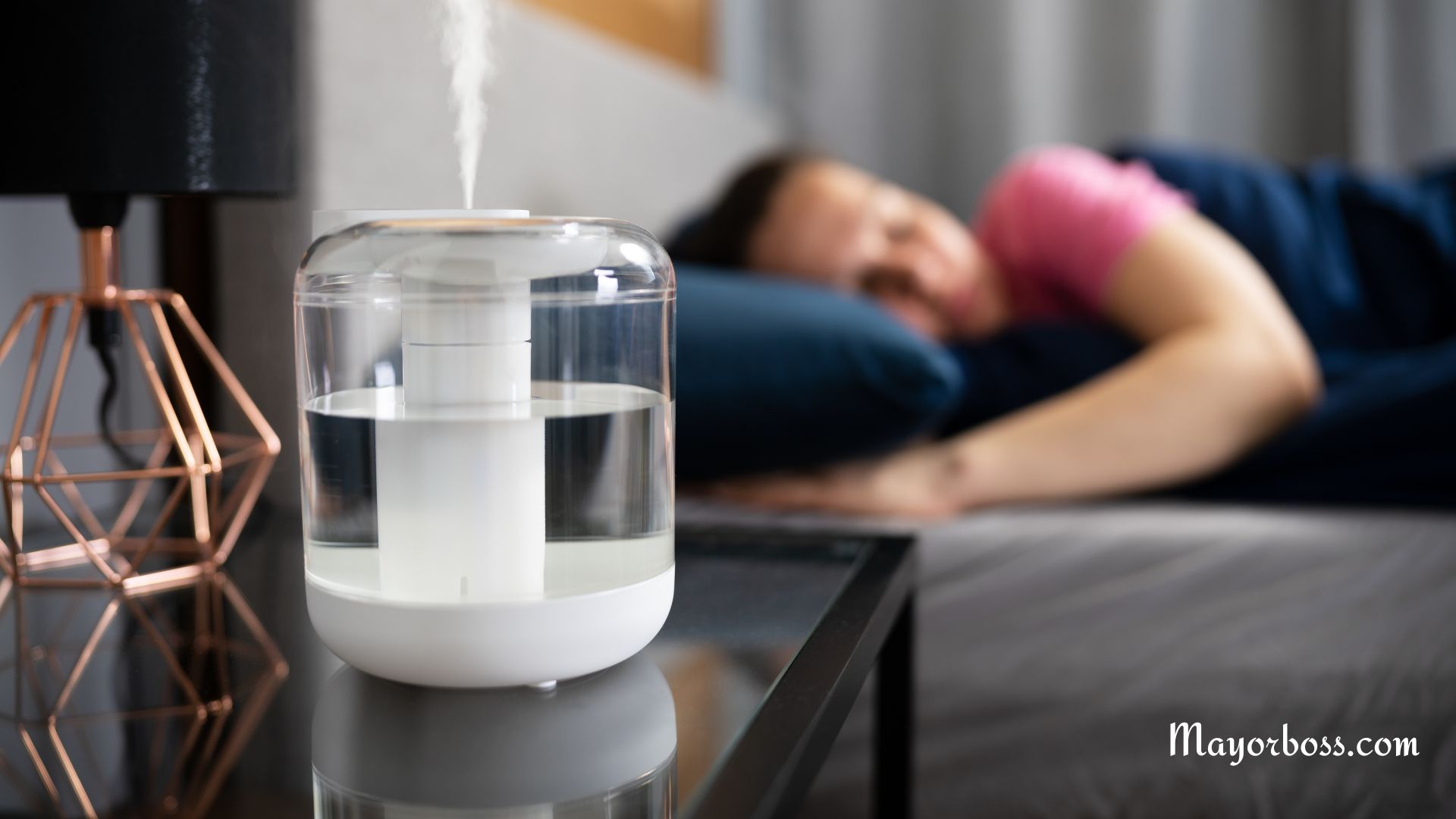Here’s What Would Happen If You Stopped Showering
Have you ever thought about what would happen if you stopped showering completely? It might seem interesting or even freeing, but it can potentially lead to serious problems for both your health and social life. Good hygiene isn’t just about smelling nice—it’s really important for keeping your skin healthy, your mind clear, and keeping infections away. Here is what happens when you stop showering and why it’s so important to stay clean.
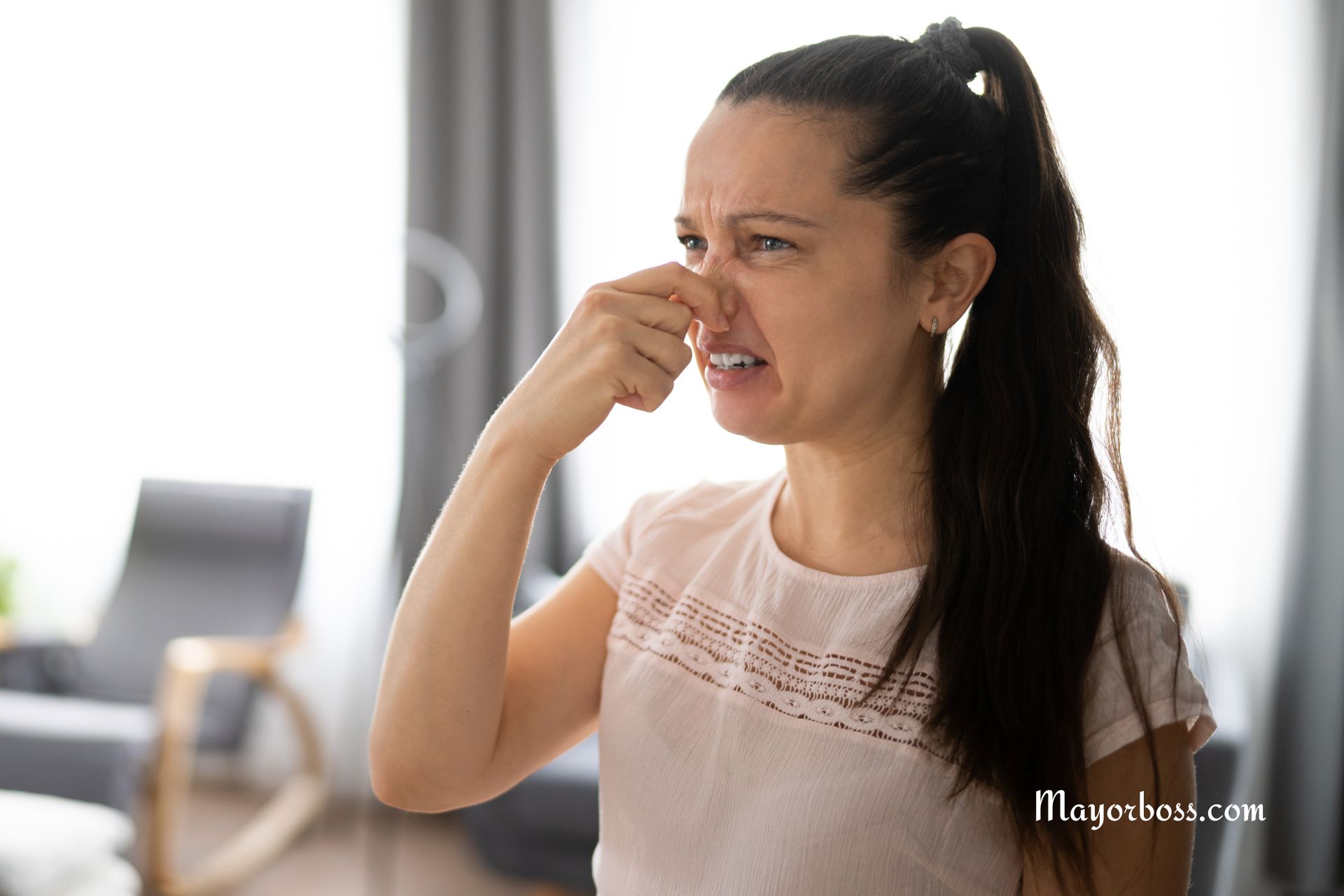
Your Skin Would Get Really Greasy
Your skin makes an oil called sebum, which keeps it soft and protected. This oil acts like a natural lotion for your skin. But without showers to wash off the extra oil, it starts to build up really fast. Instead of making your skin soft, it makes it super oily, shiny, and more likely to have problems like acne.
If you don’t wash your skin, the extra oil clogs up your pores. This can lead to blackheads, whiteheads, and breakouts. The clogged pores aren’t just a problem for your face. You could get acne on your back, chest, and other parts of your body too. Plus, all that extra oil can attract dirt from the air, which makes your skin even worse. Your skin can end up feeling sticky, dirty, and just plain unhealthy.
Bacteria Would Start Growing Fast
Our skin is full of bacteria, most of which are harmless and even good for us. These bacteria help keep our skin healthy. Showering helps keep the number of bacteria in balance. But if you don’t shower, the bacteria start growing out of control, and the balance gets messed up.
When you skip showers, bacteria mix with sweat and oil. This creates the perfect place for smelly bacteria to grow. Research shows that body odor happens mostly because bacteria break down sweat. Without a shower, these bacteria make a strong, bad smell. The longer you go without a shower, the harder it is to deal with the smell. Besides the odor, these bacteria can also irritate your skin and cause rashes.
You Could Get Fungal Infections
Not showering can also lead to fungal infections. Fungi like warm, moist places, so areas like your armpits, feet, and groin are perfect for them if they’re not cleaned properly. The National Library of Medicine says fungi like Candida grow in places with poor hygiene.
If you skip showers, you could get infections like athlete’s foot, jock itch, or ringworm. These infections cause itchy, red, and flaky skin. Sometimes they even burn, which makes everyday activities hard. Keeping your body clean and dry is important for avoiding these types of infections.
Skin Could Get Itchy and Have Rashes
If you don’t shower regularly, your skin can start to get irritated and develop rashes. Sweat, oil, and dead skin cells all build up when you don’t wash them off. This can lead to skin problems like folliculitis, where your hair follicles get infected and itchy. It looks like red bumps or pimples and can be pretty uncomfortable.
Experts say that your skin can also feel rough and scaly if dead skin cells aren’t washed away. Normally, showering helps get rid of these dead cells, keeping your skin smoother. Without that, your skin might get dry patches or even scales, which makes it itchy. If you already have skin problems like eczema, not showering can make them much worse.
Your Hair Would Get Gross Too
Skipping showers isn’t just bad for your skin—your hair and scalp suffer too. Your scalp makes oils to keep your hair soft, but if you don’t wash your hair, those oils build up and make your hair greasy and heavy. This can lead to a problem called seborrheic dermatitis, which causes redness, scaly patches, and dandruff.
The oil and sweat buildup can also clog your hair follicles, causing scalp acne, irritation, and even hair loss. Your scalp can start to smell bad too, and this smell won’t go away easily, even with dry shampoo. Over time, your scalp can get really itchy and uncomfortable, making it hard to manage or style your hair.
People Might Avoid You
Not showering doesn’t just affect your health—it also affects your social life. Bad body odor, greasy skin, and oily hair can make it hard for people to be around you. Poor hygiene can make social interactions awkward, and people might avoid standing close to you. This can hurt your relationships with friends, family, and coworkers.
Health experts say poor hygiene can also hurt your work life. People often link cleanliness to professionalism. If you don’t look clean, people might think you aren’t reliable. This can affect how people see you at work and might even limit your opportunities. Showering isn’t just about staying healthy; it’s also about fitting in socially and doing well at work or school.
Your Immune System Would Get Weaker
Showering also helps your immune system. The National Institutes of Health explains that our skin is one of the body’s first defenses against germs. Clean skin is better at protecting us from harmful germs. If your skin is covered in oil, dirt, and bacteria, it can’t do its job as well, and harmful germs can get in more easily.
Small cuts, scrapes, or bug bites are more likely to get infected if your skin isn’t clean. Showering helps wash away germs from these little injuries so they can heal properly. If you don’t keep your skin clean, you increase your chances of getting a skin infection or even a more serious problem if germs enter your body.
Skipping Showers Can Affect Your Mood
One thing people often forget about is how showering helps your mental health. Feeling clean makes you feel good. When you shower, it helps you feel refreshed and gives you more energy. Not showering for a long time can make you feel tired and even sad. You might feel less confident too.
Staying clean is a small but powerful way to feel less stressed. Taking a shower can calm you down and help clear your mind. If you don’t shower, you might find it harder to deal with stress. It’s a simple habit, but it makes a big difference for both your body and your mind.
Seborrheic Dermatitis Could Get Worse
Seborrheic dermatitis is a condition that causes dandruff and scaly patches on your scalp. It can also affect other oily areas of your body. If you don’t wash your hair, this condition can get worse. Experts at Cleveland Clinic say that too much oil and dead skin make the condition more severe, leading to more itching and redness.
If you already have dandruff or scalp issues, skipping showers can turn a small problem into a big one. Washing your hair helps manage these symptoms and keeps your scalp healthier.
Skipping showers might seem like it’s no big deal, but it can cause lots of problems—from skin issues to social and mental health challenges. Regular showers don’t just keep you smelling nice; they protect your skin, immune system, and overall health. Plus, they make you feel more confident, clean, and ready to take on the day.

